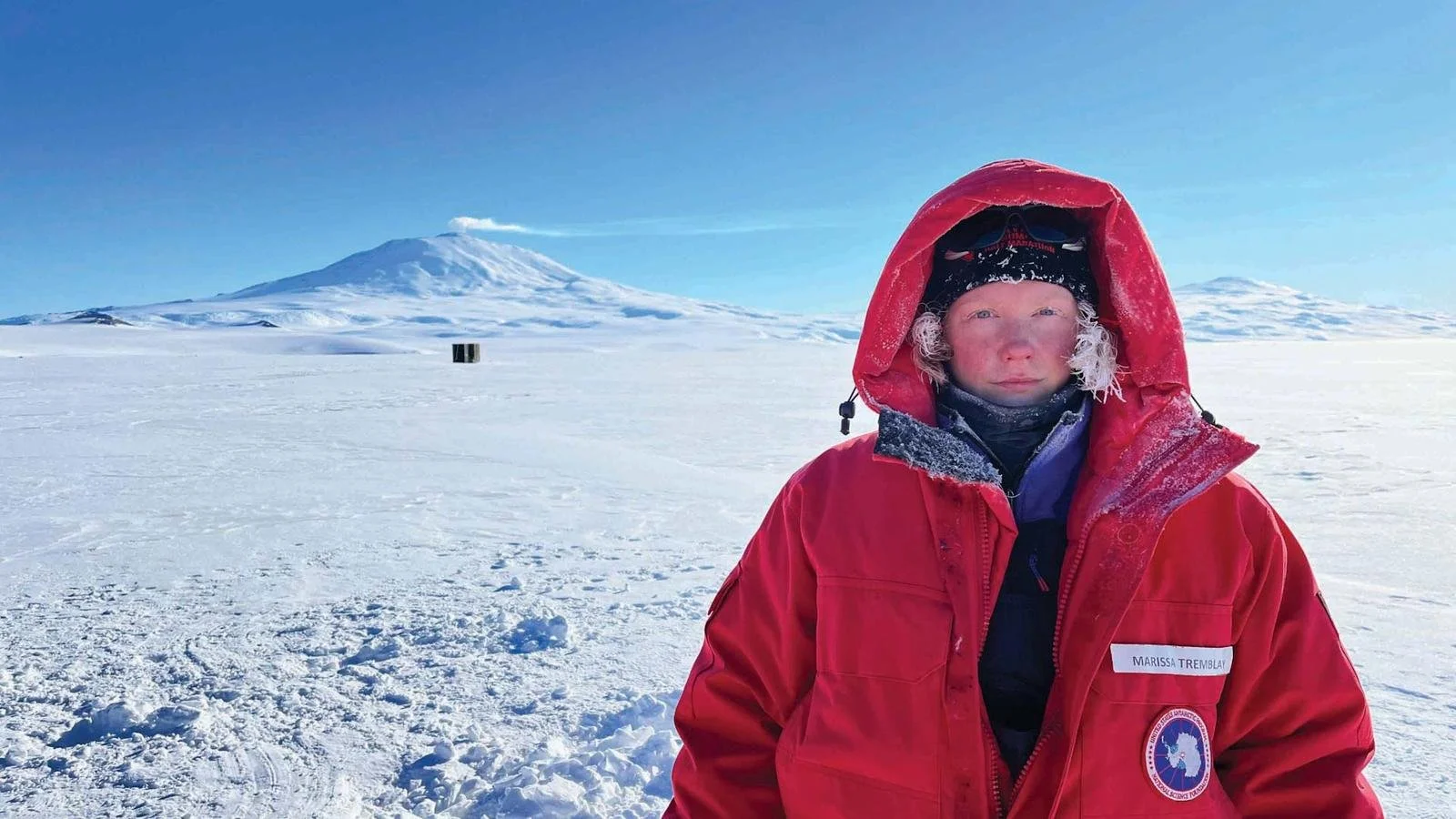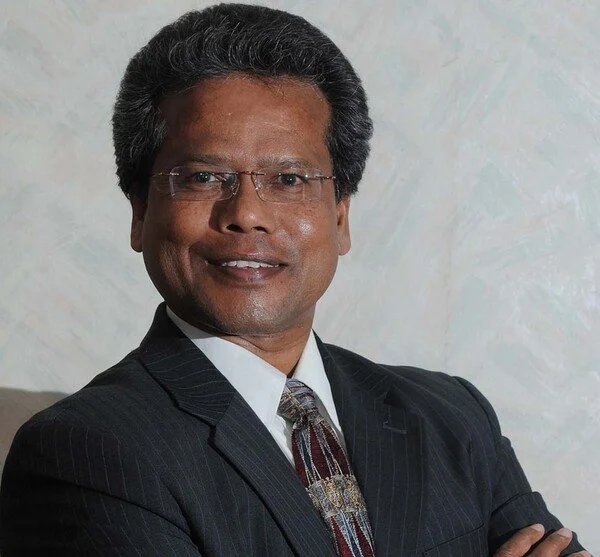Sima Sistani '01 didn't take a straight line to eventually founding Houseparty
When she was growing up, Sima Sistani’s parents limited her TV time. One of the shows Sistani ’01 relished as a child was the sitcom Perfect Strangers, about a happy-go-lucky immigrant with an unbridled enthusiasm for all things American.
Sima Sistani, co-founder of Houseparty. Photo by Gabriela Hasbun.
“We did the ‘dance of joy’ a lot,” Sistani says, referring to the silly kicking and chanting routine performed by the show’s lead characters. “I always loved to watch TV and movies, read books, or play games. The storytelling aspect really appealed to me. Because my parents wouldn’t let me watch more than thirty minutes of TV a week, I wanted it so badly. At the same time, Hollywood never felt like a space that was available to me as a first-generation Iranian-American growing up in Alabama who had no connections or ties to that world.”
Sistani did make it to Hollywood. It was just one stop on the circuitous ride that led to where she is now—cofounder and CEO of Houseparty, a social-networking app designed for family and friends to connect via spontaneous video chats.
Yet when Sistani first left Alabama for Duke, she had no idea where her path would lead. “I was all over the place,” she says. She started off majoring in public policy, switched to English, then to women’s studies, before finally settling on sociology. “In hindsight, everything makes sense. Sociology is the science of human relationships, the ways in which cultural and social structures shape society. It was also where a lot of the of the work around organizational behavior was happening at Duke at the time. I’ve spent a lot of my career thinking about how cultural norms get embedded in technology. But at the time, I remember my parents asking, ‘What are you going to do with a sociology degree?’ ”
She planned to go to law school and landed a summer internship at a law firm. She hated it. She ended up getting a job at Goldman Sachs, working in the international equities division on the trading floor in Chicago. “It was around the time of the AOL-Time Warner merger, and Vivendi was imploding—a lot of interesting things were happening in media,” she says. “I talked to research analysts and learned more about these companies. It was really exciting.”
She transitioned from the finance industry to media with a position at Creative Artists Agency, a top entertainment firm, where she often read movie scripts for A-list celebrities. With the rise of technology, Sistani foresaw that content and media consumption would be driven by Silicon Valley, not by Hollywood.
After roles with Yahoo! and Tumblr, she cofounded Houseparty in 2015, partly inspired by the differences in communication between Sistani and her ten years-younger brother, now a physician in Memphis, Tennessee.
“He wouldn’t answer when I called,” Sistani says. “Instead, he’d respond with a text asking if everything was okay. At some point, calling became too burdensome, and as a culture, we moved into asynchronous communication. There are lots of advantages to texting and posting on news feeds, but at the expense of direct human interaction. I want my kids to know the correct facial response to excitement, not just the right emoji.”
Already popular among Gen Z users, downloads of Houseparty surged at the start of the COVID-19 pandemic as people searched for ways to stay connected. The app allows up to eight users to video chat in “rooms”; users can have infinite rooms and float among them. The app also includes built-in games.
Like many other families, Sistani and her husband, Alex Herzick ’03, were forced to slow down over the past year and spend more time at home. The couple, who met in business school at Northwestern University, instituted regular family dinners, along with weekly cocktail date nights. Unable to schedule their annual vacation with Duke friends spread all across the country, they now hold happy hours on Houseparty instead.
“One of the reasons Houseparty grew so much over this past year is because people are looking to deepen relationships,” Sistani says. “Even though we’re physically distant, technology keeps us connected. In some ways, it can make us feel even closer to those we love.”
This story appeared in the Spring 2021 issue of Duke Magazine.












